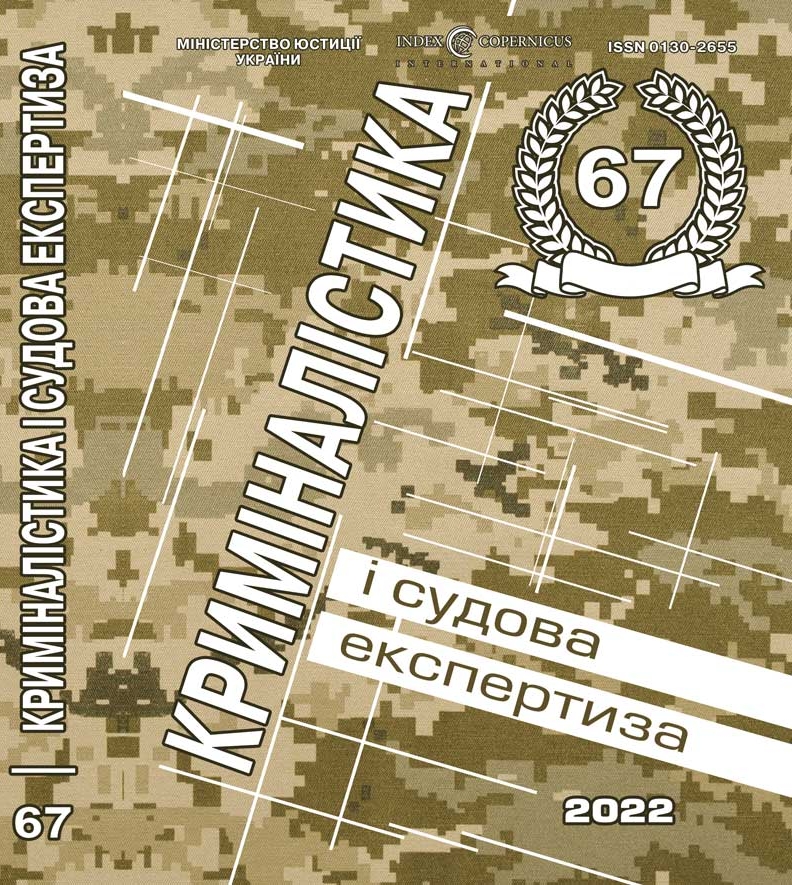
DOI: https://doi.org/10.33994/kndise.2022.67.66
O. Tsilmak
The article is devoted to a systematic description of the criteria that affect the unconscious definition of unreliable revelations during interrogation, namely the definition of 1) the subconscious level of the psyche, in particular: a) implicit memory and its phenomena – priming; b) unconscious deep mental institutions; and 2) the main areas of the personality psyche (mental processes, acquired and acquired properties).
It is noted that the verification showed that the personality must be discovered experimentally, and this is possible only with the help of a forensic psychological and psychiatric examination. Only specialists in the field of forensic psychological and psychiatric examination can experimentally establish exactly how much a person is able (and was able) to understand the meaning of his actions or control his actions.
Investigators, investigating judges and judges must necessarily know the basic criteria for assessing the signs of an unconscious assessment of the assessment, this will be the validity of the assessment, that the forensic psychological and psychiatric examination will be justified, and the following will be empirically revealed: 1) the degree of suggestibility of the individual; 2) personality type for all kinds of stress factors; 3) the mental state of individuals during the consideration of offenses and after it; 4) assessment of the mental state of individuals for its receipt and properties during the detection of offenses and after it; 5) the degree of the individual’s ability to: a) memorize, store and reproduce information; b) the degree of concentration of the person’s attention; c) features of detection of cases of occurrence; d) the ability to think critically, etc. The prospect of development of psychological and forensic competence among investigators, investigative courts, and courts, especially in the field of verification of information and data, is noted.
It is emphasized that the subconscious level of the human psyche is quite difficult to study and diagnose, however, due to conscious cognitive and volumetric characteristics and forms of personality, there is the ability to understand implicit memory and its phenomenon – priming, deep psychological attitudes, as well as their assessment of the reliability of testimony.
Key words: verification, interrogation, essential and cognitive stereotypes, implicit memory, criminal proceedings, unconscious curvature, priming










